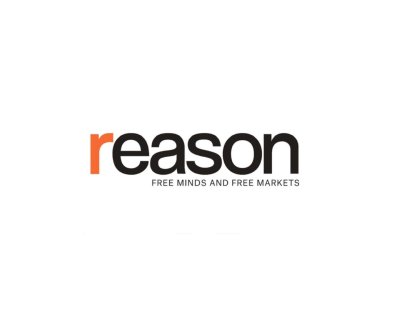The Supreme Court Hasn’t Resolved Whether Libraries May Remove Books Based on Viewpoint
The Fifth Circuit decision holding that libraries may remove books based on the books’ viewpoint may lead some to ask: Hasn’t the Court resolved this before, in Bd. of Ed. v. Pico (1982)?
[1.] It turns out that it hasn’t. Four Justices (led by Justice Brennan) took the view that “local school boards may not remove books from school library shelves simply because they dislike the ideas contained in those books.” Four other Justices (led by Chief Justice Burger) expressly rejected this view (except in the narrow situation where the disagreement was based on pure partisanship, for instance if a Democrat-run board removed books because they were written by Republicans or because they praised Republicans). And the swing vote, Justice White, expressly refused to opine on this issue:
The plurality … issue[s] a dissertation on the extent to which the First Amendment limits the discretion of the school board to remove books from the school library. I see no necessity for doing so at this point….
[This case] poses difficult First Amendment issues in a largely uncharted field. We should not decide constitutional questions until it is necessary to do so, or at least until there is better reason to address them than are evident here.
Justice White concurred with Justice Brennan’s opinion solely as to the propriety of remanding for a trial on whether the school board removed the books based on viewpoint or instead based on their being “in essence, vulgar” (which even the challengers “implicitly conceded” would be a permissible basis for removing the books, at least if they “were pervasively vulgar”). But he disagreed with Justice Brennan on the consequence of any such finding:
- Justice Brennan’s view was that, if there was a finding that the removals were based on viewpoint, that would mean the removals violated the First Amendment.
- Justice White’s view as that, if there was such a finding, “there will be time enough to address the First Amendment issues that may then be presented” (which echoes his conclusion that he saw “no necessity for” resolving those questions in his opinion).
So, as a Fifth Circuit en banc held in 1982, “the Supreme Court [in Pico] decided neither the extent nor, indeed, the existence vel non [i.e., existence or not], of First Amendment implications in a school book removal case.”).
[2.] The dissent in today’s Fifth Circuit en banc Little v. Llano County decision disagrees, treating “the Supreme Court’s judgment in Pico” as forbidding such viewpoint-based removals. But on this, I think the dissent erred.
The dissent reasoned that Justice White did provide a fifth vote in favor of presumptively forbidding viewpoint-based removals:
But the majority is wrong to suggest that Justice White’s opinion “said nothing about the First Amendment.” On the contrary, Justice White’s opinion confirms the same conclusion about the threshold First Amendment inquiry as the Pico plurality, whose judgment Justice White joined: that determining a state’s motivation is necessarily anterior to assessing whether a book removal violates the First Amendment. Pico (White, J., concurring in the judgment) (expressing a preference for “findings of fact and conclusions of law … made by the District Court” on the “unresolved factual issue” of “the reason or reasons underlying the school board’s removal of the books” prior to conclusively deciding the First Amendment issues).
Unlike the plurality, Justice White chose not to expound on what motivation would withstand First Amendment scrutiny until after the district court had conducted this fact-intensive motivation a
Article from Reason.com

The Reason Magazine website is a go-to destination for libertarians seeking cogent analysis, investigative reporting, and thought-provoking commentary. Championing the principles of individual freedom, limited government, and free markets, the site offers a diverse range of articles, videos, and podcasts that challenge conventional wisdom and advocate for libertarian solutions. Whether you’re interested in politics, culture, or technology, Reason provides a unique lens that prioritizes liberty and rational discourse. It’s an essential resource for those who value critical thinking and nuanced debate in the pursuit of a freer society.




